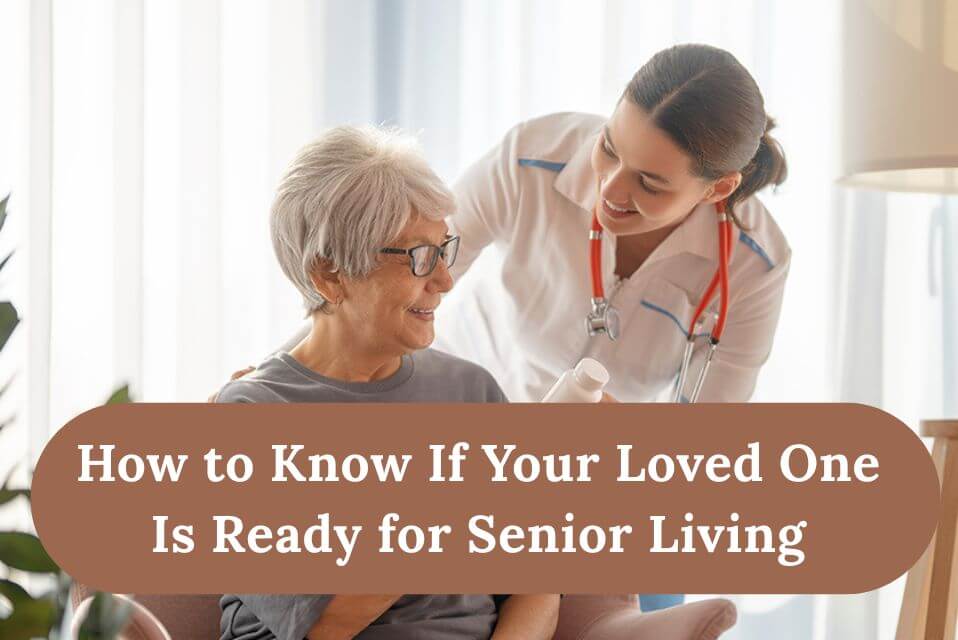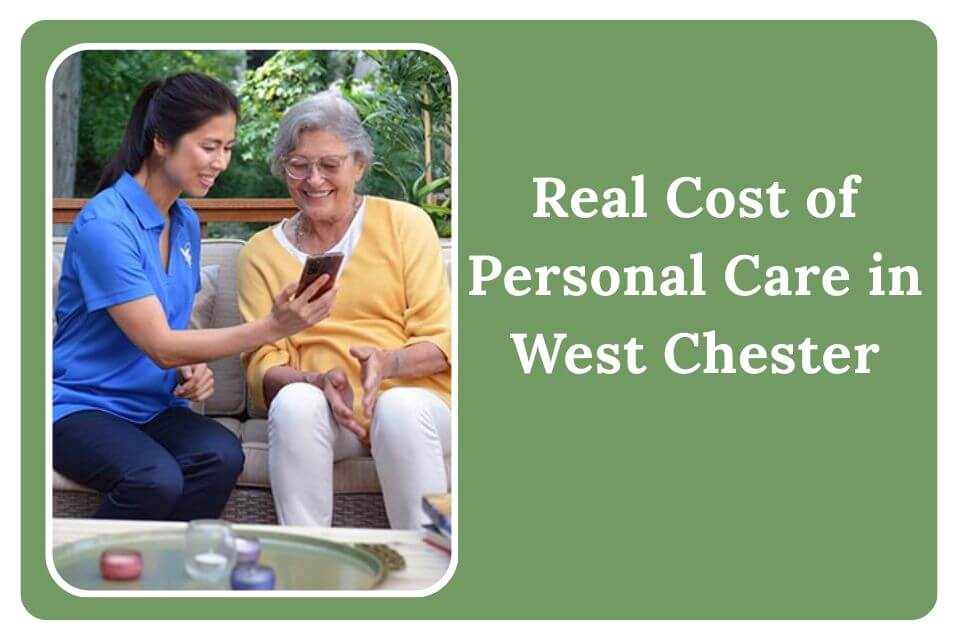
How to Know If Your Loved One Is Ready for Senior Living – Expert Guidance
As your parent or loved one matures, you may find yourself taking on a more active role in their daily routines and healthcare. While attempting to coordinate appointments, manage medications, or provide hands-on care, numerous family caregivers become fatigued. Fortunately, senior living communities can provide the assistance your loved one requires, allowing you to detach from daily caregiving and concentrate on your relationship.
The transition to senior living is unique to each individual; however, there are certain indicators that indicate it may be the appropriate time. The following are critical indicators that can assist you in determining whether your loved one is prepared for senior living.
Check Also: How Seniors Can Stay Active in West Chester – Wellness Guide
How to Know If Your Loved One Is Ready for Senior Living
1. Medication Errors or Mistakes
The Kaiser Family Foundation reports that more than half of adults aged 65 and older take at least four prescription medications on a daily basis. Missed doses, double dosing, or perplexity may result from the challenge of managing a complex medication schedule. Serious health consequences may result from these errors.
If your loved one has encountered medication errors that resulted in emergency visits or medication incidents, a senior living community can provide medication management and supervision to assist.
2. Decreased Personal Hygiene
A person’s ability to independently manage their life is frequently demonstrated by their daily self-care activities, such as grooming, bathing, or dressing. Physical limitations, such as fatigue or pain, or cognitive decline, such as memory loss, may be the cause of a discernible decline in sanitation.
In senior living environments, residents are able to maintain their autonomy while receiving personal care assistance from trained attendants as required.
3. Recent Weight Loss or Gain
Meal planning and cooking can be particularly taxing for older individuals, particularly those who reside independently. Seniors may frequently depend on processed foods or forgo meals entirely, which can lead to unintentional weight loss or gain.
In a communal dining setting, senior living communities offer three chef-prepared, well-balanced meals each day. This not only promotes physical health but also fosters social interaction.
4. Loneliness or Disconnection
Social interaction is essential for the emotional and cognitive well-being of many seniors; however, they may experience loneliness as a result of their limited mobility, lack of transportation, or a reduction in their social circle. The risk of depression, cognitive decline, and even early mortality can be elevated by prolonged isolation.
Senior living encourages your loved one to remain engaged and connected by providing a lively, active lifestyle that includes daily events, excursions, and opportunities for friendship.
5. Falls or Other Medical Emergencies
According to the Centers for Disease Control and Prevention, one in four seniors experiences a fall each year. Hospitalizations, injuries, and extended recuperation periods are frequently the consequence of falls and other emergencies.
Senior living may offer a secure environment if your loved one has recently fallen or required emergency medical care. The risks associated with living alone are mitigated by the availability of immediate assistance, which is available around the clock.
Conclusion:
Recognizing changes in health, behavior, and safety is the first step in determining whether your loved one is prepared for senior living. At first, these indicators may not be readily apparent; however, they can indicate that your loved one would benefit from a secure, engaging, and supportive environment.
Begin your quest for the ideal senior living option by familiarizing yourself with the various types of communities and the amenities they provide. The quality of life of your loved one can be enhanced and your family can experience peace of mind when the appropriate environment is provided.
Frequently Asked Questions:
What are signs my loved one may need senior living?
Common signs include memory loss, difficulty managing daily tasks, poor hygiene, social isolation, and frequent medical issues, indicating they may need additional support and supervision.
How can senior living improve their quality of life?
Senior living offers personalized care, social engagement, safety, and access to healthcare, helping your loved one maintain independence while receiving the support they need.
When is the right time to start the conversation?
Start the conversation when you notice consistent struggles with daily living, safety concerns, or loneliness. Approach it with empathy and focus on their well-being and comfort.



